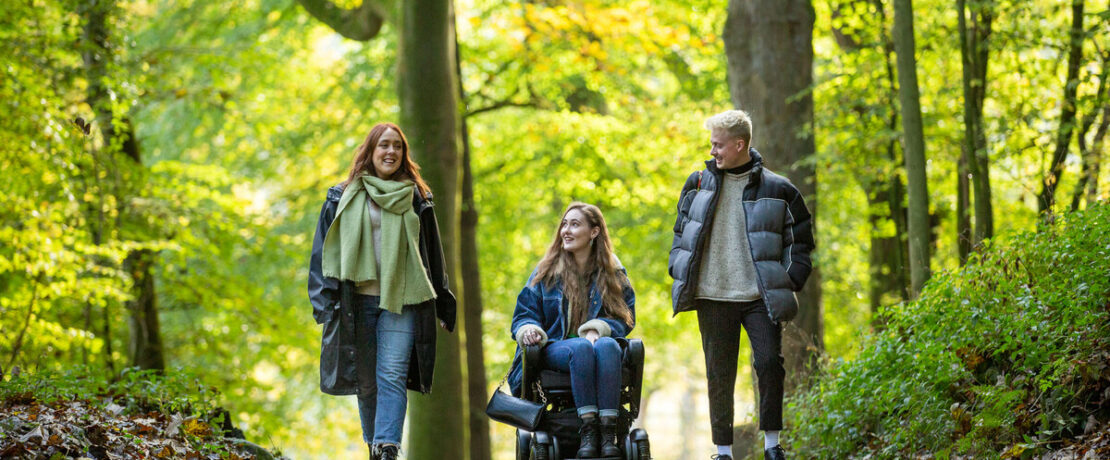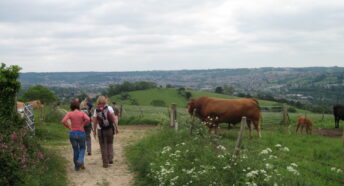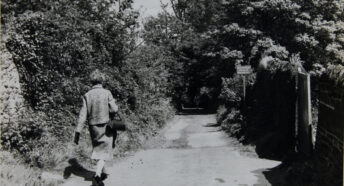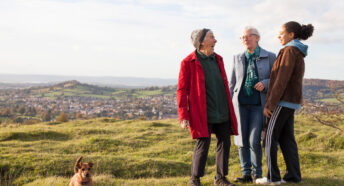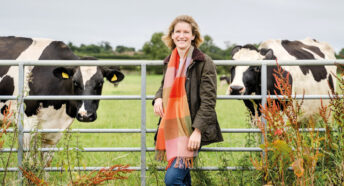How to enjoy the countryside when living with chronic illness
Before I became unwell with a chronic fatigue and pain condition called Myalgic encephalomyelitis (ME) I spent most of my free time outside. My husband and I loved countryside walks, and in all seasons, we could be found making up a picnic and heading out into nature for the day.
We loved to explore new places and, still being students at the time, we loved a free activity. But when I became ill my mobility became significantly impaired. Chronic pain meant I couldn’t walk long distances and chronic fatigue often meant I would struggle to even leave the house.
It is incredibly challenging and difficult to lose your access to nature and the outdoors. Sadly, this is commonplace for those of us who have been left disabled by illness, but over the last five years of living with ME, I have found ways to enjoy the countryside differently. I hope these ideas will help inspire you to get outside in different ways despite illness and disability.
1. Go for a picnic
This is one of my favourite things to do and a great way to get outside and do something without using too much energy. If you have the energy to make something, great, if you don’t – just buy something. It’s important that this is as enjoyable and low pressure as possible. Think about what would be comfortable for sitting. Maybe you are happy on a rug with some cushions or maybe you might need a fold-out camping chair. Whatever it is, make sure you bring what you need to be as comfortable and pain free as possible.
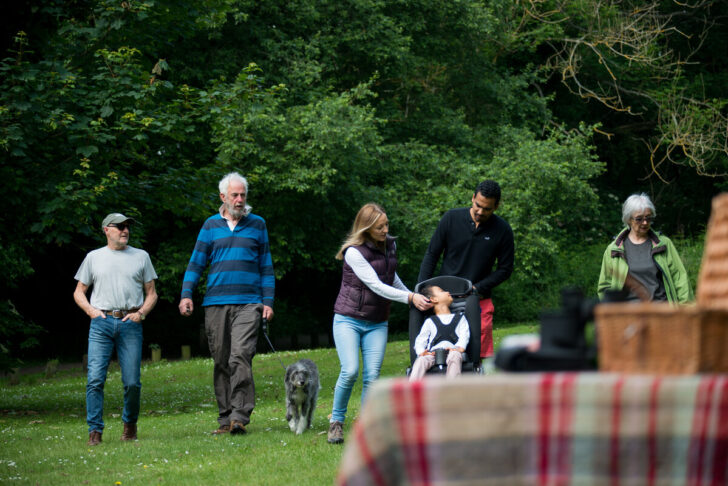
Once you have your food and your equipment, find yourself a spot that is easy to get to. Maybe there is a carpark very nearby or maybe you can use a mobility aid to get to where you need to. Often stately homes and National Trust locations are good for this as they have car parks and easy access, but there are plenty of places in the UK where you don’t have to pay, so do a bit of research and find the right place for you.
2. Change expectations
It took me a while to learn that fighting my illness and trying to just push through and do the same as always wasn’t going to work. I had to find new ways to enjoy the things I had done before and change my expectations of how things would look. For me it has meant still going wild swimming but not actually swimming, taking a dip and floating in the water instead. On other days it looks like a short walk but at a very slow pace and with a big sit down halfway through. Sometimes it has meant accepting that for a little while the only nature I am accessing is in my back garden where I can sit in the sunshine for 20 minutes and soak up some vitamin D.
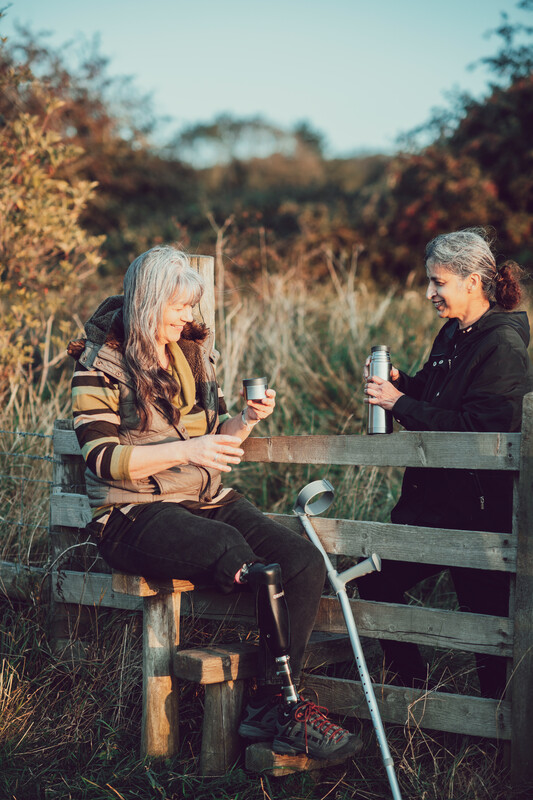
I know it can be hard, but I encourage you to try and find ways to enjoy what you can do and accept the limitations for now. There is so much joy still to be found in nature but in a different way perhaps to how you expect.
3. Try a different mode of transport
Before I became unwell, I used to walk everywhere – it was second nature to me. But once my mobility became so impaired, I needed to find new ways to enjoy nature and get outside. I needed to find ways to move around which didn’t use my body as much. I have tried all sorts of things over the years but here are a few ideas for things you might want to give a go.
Mobility aids – This is the most obvious one to try. Many outdoor spaces offer (sometimes for very little money) large off-road trampers which are essentially mobility scooters that can cope with the countryside terrain. There are plenty of websites telling you where you can rent these. National Trusts are particularly good for having trampers available, but you do need to book in advance.
Steam trains – There are quite a few historical steam trains around the UK which offer fun rides through the countryside. You can choose to get off at a station or take a round trip. Some even offer afternoon teas, dinners and cocktails!

Boats – This has been a really fun way to get out in nature. We have used motorboats, rowing boats and two person kayaks (find someone able to do all the rowing/paddling). Getting out on the water is a lovely way to immerse yourself in nature.
4. Go for a drive
In the UK we are very lucky to have a lot of great driving roads through the countryside. When I became too unwell to walk this was a great way for me to access nature. My husband and I would clamber into his old car, pop the roof down and just drive. We often had no idea where we were going but enjoyed the sense of spontaneity and adventure. You definitely do not need a convertible to do this, just put the windows down and enjoy a breath of fresh air.
I would advise you find someone else to drive you to conserve energy and help with pain. Also think about what would make this more comfortable for you. Perhaps some pillows or a blanket? Maybe you go for a drive in your pyjamas! Whatever it is, make this a fun and relaxing activity. You can take in the beautiful sights as you wind your way around country lanes and perhaps look out for plants, birds and other wildlife on your way if you have the energy.
I hope these ideas have offered you some inspiration on how to enjoy nature with chronic illness. Nature and the countryside is for everyone and there is no right or wrong way to access it. Always do what is best for you and I hope you can find some joyful moments in the countryside.
About the author
Rachel Bearn is a writer and content creator cultivating a homegrown, handmade and slow life in the Cotswolds – find her on Instagram here.
A note about terms
We’re so grateful to Rachel for sharing her tips with us, and we hope that those with a disability or chronic illness find the article helpful. We would like to acknowledge the care required in using and visually demonstrating ‘chronic illness’ and ‘disability’ interchangeably, as they do not always correlate. Broadly, these tips are designed to help anyone who has a longer-term medical condition which prevents easy or straight-forward access to the countryside.
